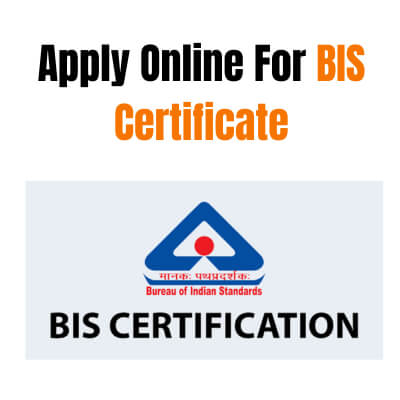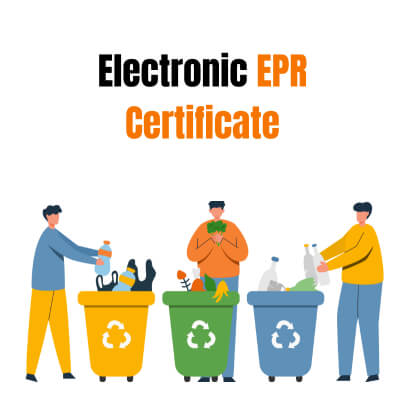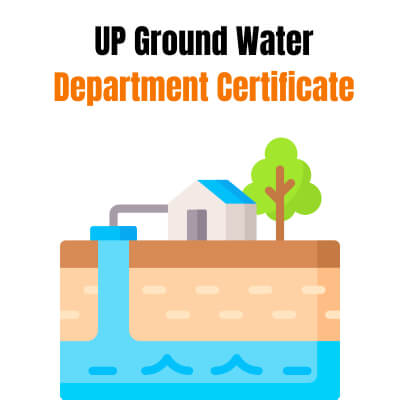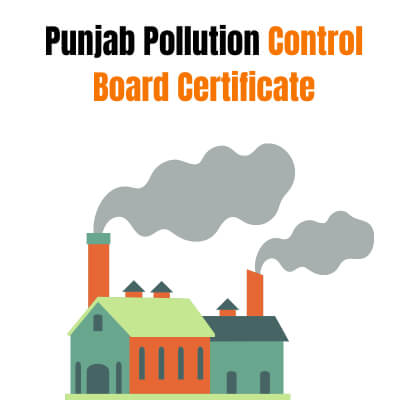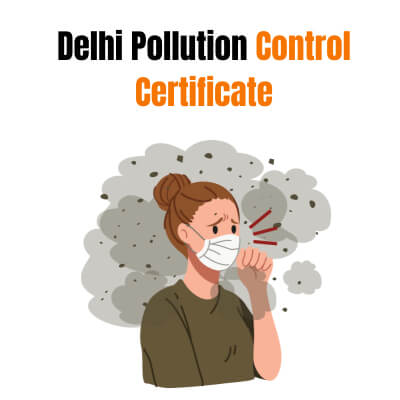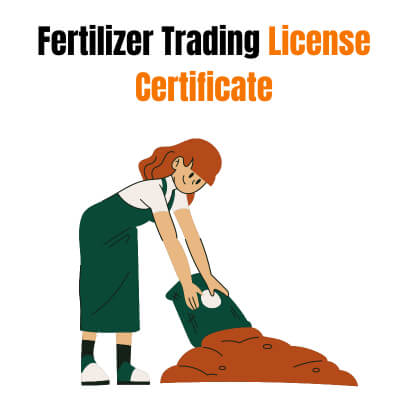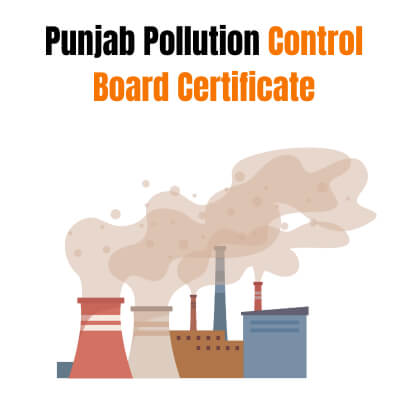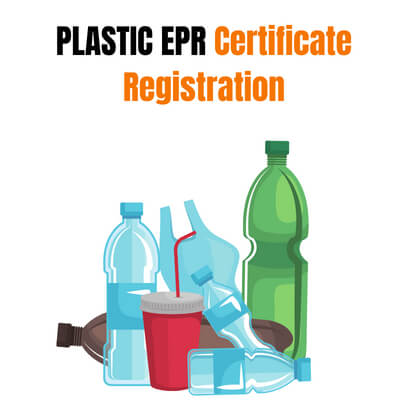Introduction
Plastic EPR Compliance: In this era EPR certificate is mandatory in India which means that no entity be it a producer or importer, can carry out any kind of business without registering itself. The certificate is required for Indian importers manufacturers of products for Plastic waste management. EPR Authorization is given by the Central Pollution Control Board (CPCB) under MoEFCC, Government of India. EPR enables the disposal of items and proper collection after use by assuring responsible manufacturing methods, and it extends beyond that to encourage waste reduction and environmental impact in general. If you’re looking for a consultant to help you in Plastic EPR Certification, we being the best business partners can help you with it.
For EPR Certificate you must have a few documents and fees will be needed to get a renewal. EPR Authorization is valid for 5 years and it can be renewed subsequently. At a significant first, the guidelines and rules allow for the purchase and sale of surplus extended producer responsibility certificates, thus setting up a market mechanism for plastic waste management. The EPR instructions will give a rise to the formalization and further development of the plastic waste management industry. Contact the best business registration consultant for Plastic EPR Compliance.
On 18th March 2016, the Ministry of Environment, Forest and climate change (Moef) published the Plastic Waste Management Rules (PWM), 2016. According to these Rules, plastic waste generators must take steps to reduce plastic waste generation, avoid littering plastic waste, ensure segregated waste storage at the source and send over segregated trash to local bodies or organisations permitted by the local bodies. Local governments, village panchayats, waste generators, retailers and street sellers are all required to manage plastic waste under the guidelines. Several new obligations are mandated under the Rules, including Extended Producer Responsibility Authorization (EPRA) certificate.
According to the PWM Rules, the Producers, importers and brand owners (PIBOs) who launch the products into the market have Extended Producers Responsibility (EPR) for the management of plastic waste packaging. They must collaborate with local governments to develop a strategy for managing plastic waste generated by their products. With the help of producers and brand owners, local bodies are in charge of putting up the PWM system.
Furthermore, PIBOs that operate in more than two states must register with the Central Pollution Control Board (CPCB), while those that operate in one or two states must register with the concerned State Pollution Control Board (SPCB)/Pollution Control Committee (PCC). To acquire registration, an EPR Action Plan for PWM must be presented.
After receiving EPR authorization for Plastic, the producer, importer and brand owner (PIB) must follow the guidelines.
What is Plastic EPR Compliance?
Established in 2016, the Ministry of Environment published the rules for Plastic Waste management. To elaborate on this rule, generators who waste plastic should take steps to overcome plastic generation and avoid littering plastic waste, ensure segregated waste storage at the source, and send over segregated trash to organizations and local bodies permit local bodies.
Local governments, village panchayats, waste generators, street sellers, and retailers, are all need to manage plastic waste under the instructions for Plastic EPR Certification. Numerous new obligations are mandated under the Rules, including the Extended Producer Responsibility Authorization (EPRA) certificate.
Producers must collaborate with local governments to grow a strategy for managing plastic waste generated by their products. With the help of producers and brand owners, local bodies are in charge of putting up the PWM system. According to the PWM Rules, the Producers, importers, and brand owners (PIBOs) who launch the products into the market have Extended Producers' Responsibility (EPR) for the management of plastic waste packaging.
In addition, PIBOs that operate in more than two states in India must register with the Central Pollution Control Board (CPCB), while those that operate in one or two states must register with the concerned State Pollution Control Board (SPCB)/Pollution Control Committee (PCC). To acquire registration, an EPR Action Plan for PWM must be presented.
After receiving EPR authorization for Plastic, the producer, importer, and brand owner (PIB) must follow the guidelines and rules.
Potential Benefits and Advantages of EPR Authorization
The EPR authorization is accountably vested with importers and manufacturers to properly recycle or dispose of Plastic waste as per the rule of plastic waste management in the year 2016. It encompasses proper disposal, prevention & systematic recycling. Usually, EPR is divided into three categories of Plastic EPR Compliance: Import authorization, Manufacturing authorization, and Wholesale authorization. The E.P.R. certification is a legal compulsion for Indian or importers of plastic products or overseas manufacturers' products for Plastic waste management.
- Optimize waste supply chain and management
- Improve modalities for waste management
- Ensure cost-cutting in waste management
- Improve waste segregation and disposal
- Improve coordination with affiliated units
- Provide a credible image for the international market
- Improved Market Reputation and goodwill
Process & Key Documents that are needed for EPR Certification
To run a smooth business EPR certification is very essential because without it no organization is legally approved. Moreover, it not only organiz the company but also make goodwill in the market. Every manufacturer seeking EPR authorization should make an application in the prescribed application, as per the rule of plastic-waste management 2016, then in the next step the applicant must furnish the duly filled application to the Member Secretary, Central Pollution Control Board, which should entail the legit details related to the channelization and accumulation of plastic-waste.
- Legit address of the proof producers/importer
- Copy of G.S.T. certification reflecting the address of the business place
- Copy of business certification granted by R.O.C.s or Directorate of Industries or Local Body, or DGFT
- Copy of I.S.I. mark or BIS registration number, if applicable
- Details related to the Reduction of Hazardous Substances (RoHS) compliance
- Estimated generation of WEEE
- Extensive EPR plan encompassing detail relating to collection methods, channelization of plastic-waste, website information, etc.
- Copy of Certificate / Document
- Items details such as the batch number and model number
- Details of goods offered to market (in chronological orders reflecting quantity, number, and weight, etc. ) during the last ten years
- Valid BIS registration
- Details of upcoming awareness programs.
- Budget for accumulation & channelization schemes
- Self-declaration related to RoHS compliances
- Declaration regarding the management of technical documents on RoHS as per EN50581.
- Legal consent granted by the concerned department/ministry for selling their product
- Copies of agreements with dealers, collection centers, and recyclers
- Copy of agreement with TSDF (in case of CEEW5)
- Copy of agreement with PRO (if applicable)

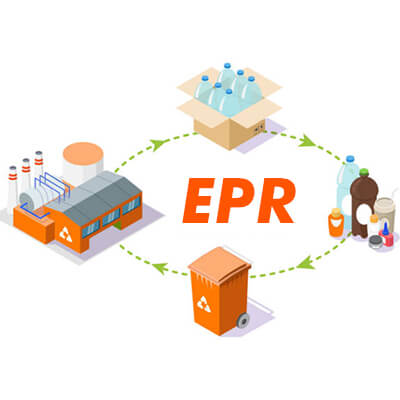













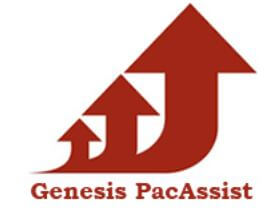











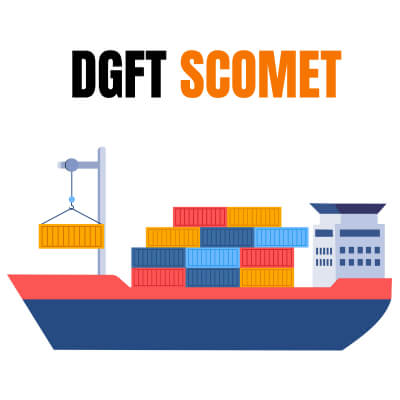
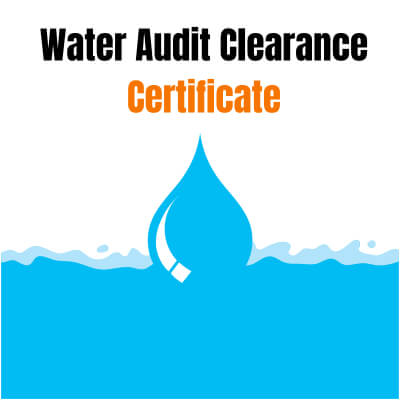
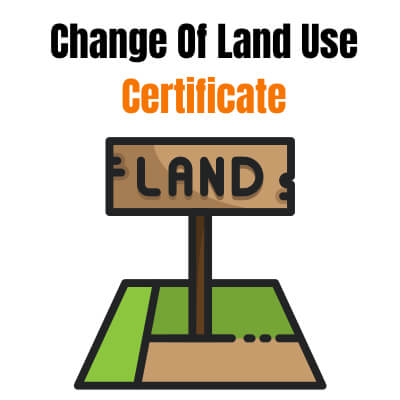
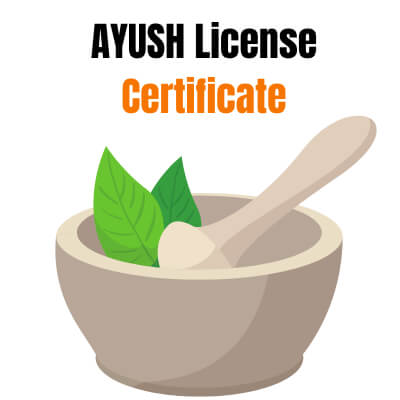
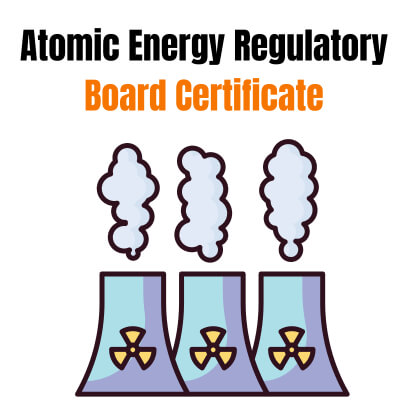
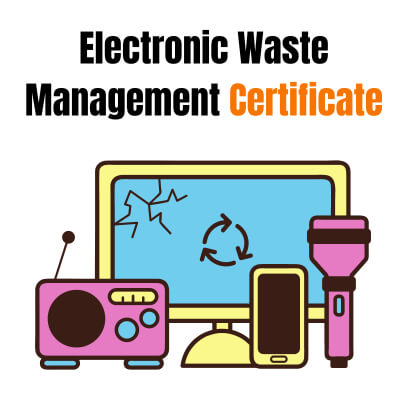
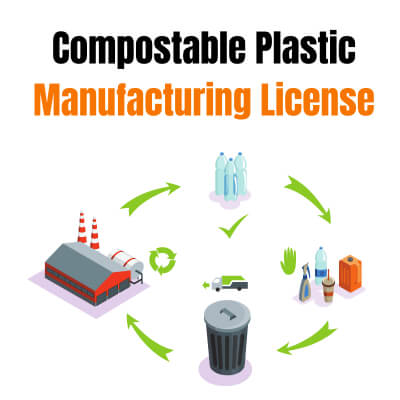
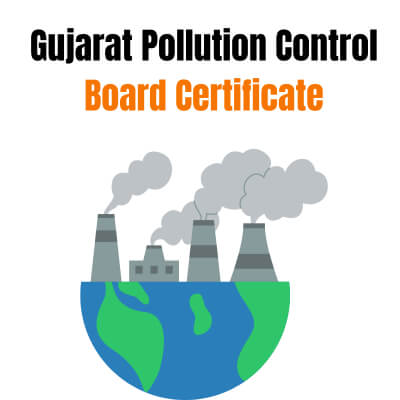
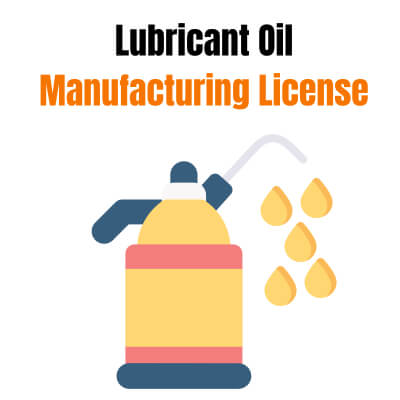
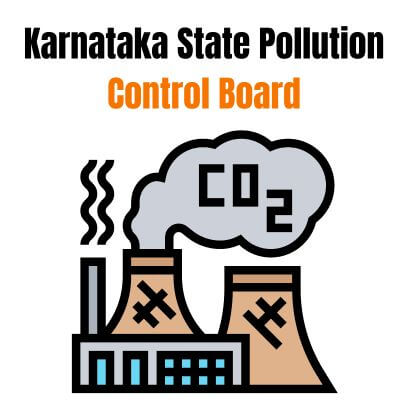
.jpg)
